NETHERLANDS - Two doctors have had their doctorates revoked for falsifying research data. Both were professors at Mansoura University, Egypt at the time of the revocation.
In February 2023, a Belgian university stripped Dr. Hatem Abu Hashim of his doctorate after discovering he had falsified data in his thesis.
Just weeks earlier, another doctor, Ahmed Badawy, had his doctorate, received from a university in the Netherlands in 2008, revoked. Both Abu Hashim and Badawy were professors in the department of obstetrics and gynecology at Mansoura University in Egypt.
According to an investigation by Vrije Universiteit Brussel (VUB), which awarded Abu Hashim his doctorate in 2013, the researcher committed serious violations of scientific integrity, based on "clear evidence of falsification of statistical results" and "lack of statistical expertise".

“It is positive that both universities have come to a firm conclusion after independent investigations,” Ben Mol, a researcher at Monash University in Australia who discovered and reported problems with Abu Hashim and Badawy’s research in 2021 and 2020, told Retraction Watch in an email.
Ben Mol also made his concerns clear in a 2020 paper, when he and another research team pointed out numerous errors in the work of two scientists whose degrees had been revoked.
Dissertation based on fake research
Abu Hashim's doctoral thesis was based on 11 randomized clinical trials, all of which have been published. The studies were reportedly conducted at Mansoura University before Abu Hashim joined the doctoral program at VUB as an outside student.
However, a report from the Flemish Scientific Integrity Commission found something suspicious. The report suggested that Abu Hashim may have “learned how to write medical papers by reading other papers, making up data values himself and then editing them, copying results between papers and making small changes (+1 or -1 in the digits)”.
The committee agreed with the VUB that "complete (or near-complete) falsification is the only plausible explanation for the findings" and stressed that Abu Hashim did not offer any specific rebuttal to the allegations, but instead accused his accusers and questioned their methods.
Neither Abu Hashim nor Mansoura University responded to requests for comment.
However, the university had known about Abu Hashim’s fraudulent research for a decade. In a 2014 internal investigation, then-dean Nasser El Lakany and five other professors found that one of Abu Hashim’s experiments had never been performed; six others had involved implausibly large numbers of women with polycystic ovary syndrome; and two trials reported 366 ovarian drilling operations when only 94 were documented. These latter two sets of studies were part of Abu Hashim’s doctoral dissertation.
“There is no reason to justify the researcher’s misconduct,” the Mansoura professors wrote, according to an English translation of the original Arabic report.

Nick Brown, a data analyst, began looking into Abu Hashim and Badawy's studies in 2021 after receiving a request from a Dutch journalist.
He quickly discovered that the two researchers' papers were riddled with "fatal" errors. Most of the P-values - an important parameter in statistics - were wrong. Some values exceeded 1, which is mathematically impossible. In addition, the same test had different results.
“It seems like they just came up with numbers that ‘looked reasonable’ without realizing that they needed to be consistent,” Brown said.
Tightening regulations on granting doctoral degrees after fraud cases
According to Dub , the independent news site of Utrecht University, it used to be relatively easy to get a PhD based on research done elsewhere, especially if it had been published in scientific journals. In the Netherlands, universities receive a government grant for each PhD they award. Previously, PhD candidates simply had to compile their published papers into a small book to receive their degree.
This was the case with the award of Dr. Badawy’s PhD. He had done his research in Egypt and had never worked at Utrecht University. Utrecht University and his supervisor only became involved in the research when Badawy came to the university to apply for his PhD.
Following this incident, the requirements for receiving a PhD have been tightened: PhD candidates must now register for at least three years before defending their thesis; accept an agreement on training, mentorship, and ways to monitor research progress from the beginning of the process; each PhD candidate will have at least two supervisors.
At VUB, following the decision to revoke Hatem Abu Hashim's PhD in medical sciences, the university has been implementing measures to improve statistical data checks and tighten degree granting regulations.
On the school's website, Vice-Chancellor for Research Pieter Ballon said: "In a world awash with misinformation, integrity is essential to maintaining trust in science. If there are any doubts about our integrity, it is our responsibility to clarify. That means the school will thoroughly investigate any complaints and take the necessary actions if this trust is compromised."

Source: https://vietnamnet.vn/medical-professor-bi-thu-hoi-bang-tien-si-vi-gian-lan-du-lieu-nghien-cuu-2350255.html






![[Photo] Ha Giang: Many key projects under construction during the holiday season](https://vstatic.vietnam.vn/vietnam/resource/IMAGE/2025/5/1/8b8d87a9bd9b4d279bf5c1f71c030dec)

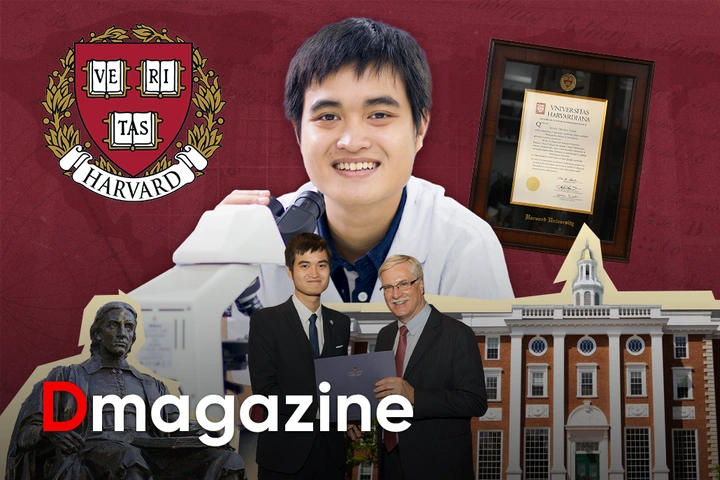



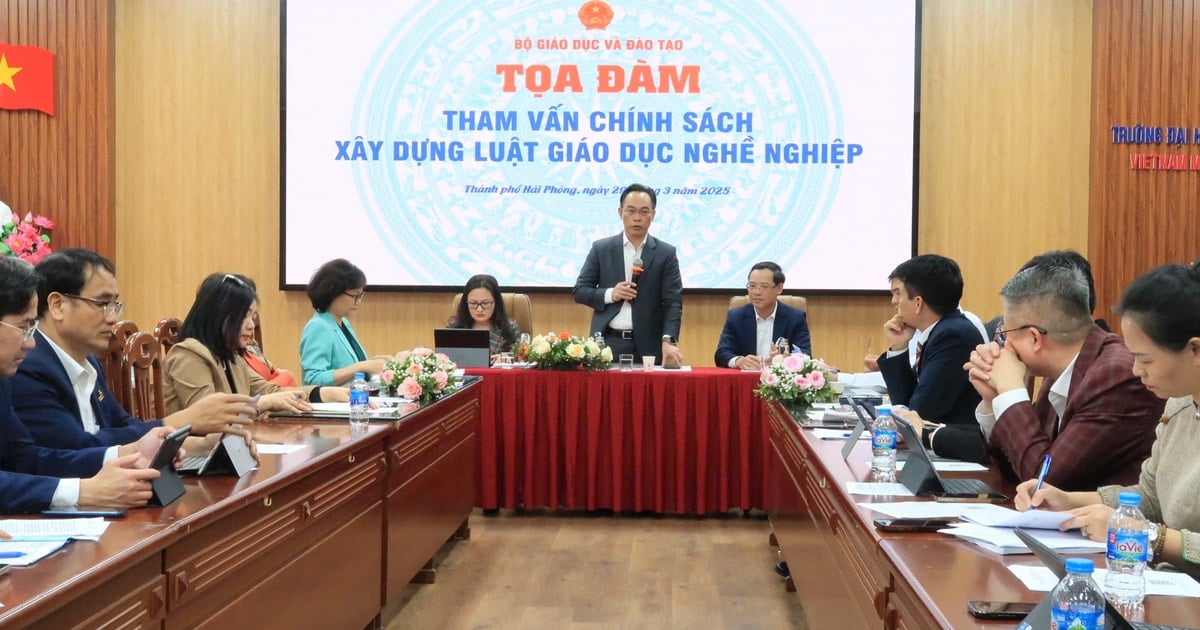

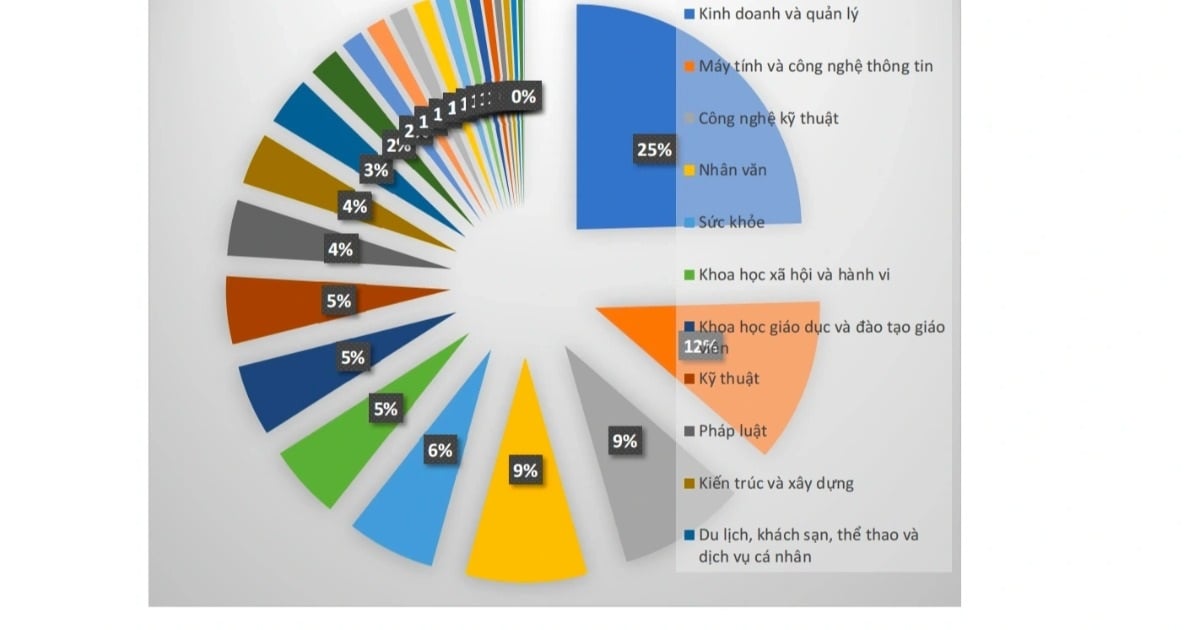
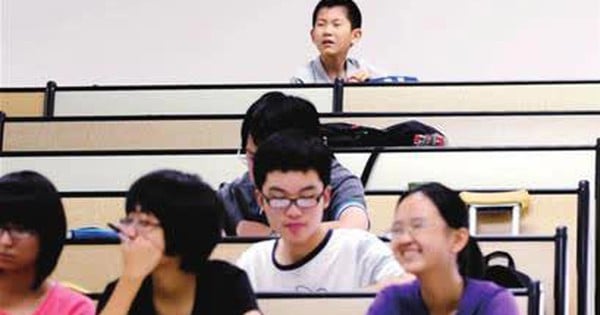


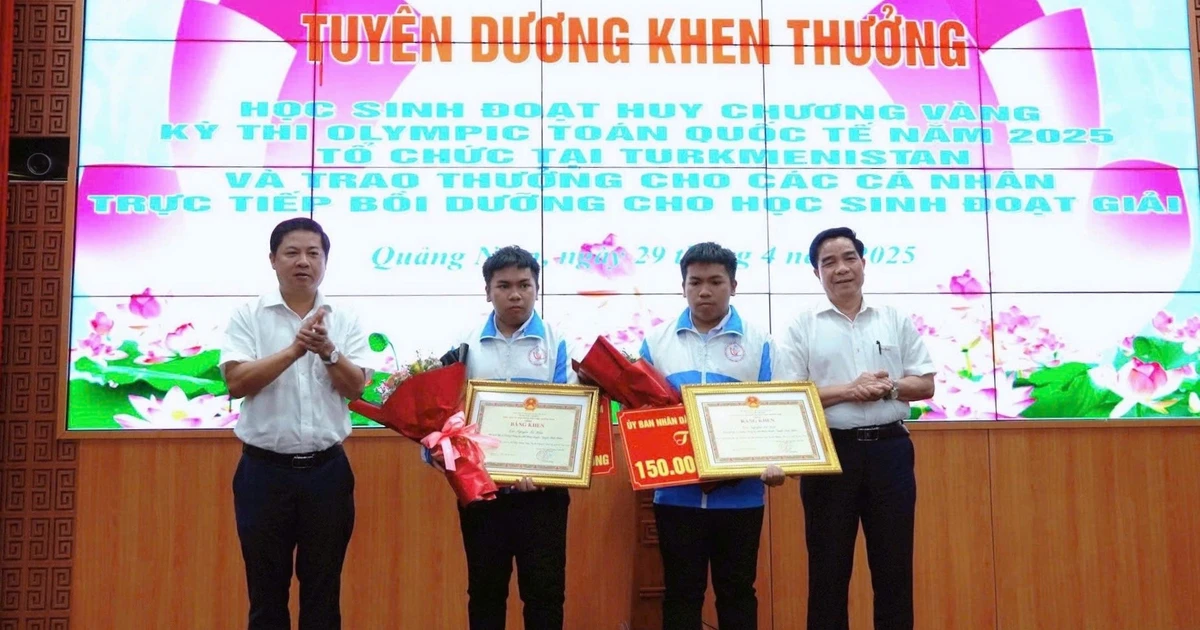
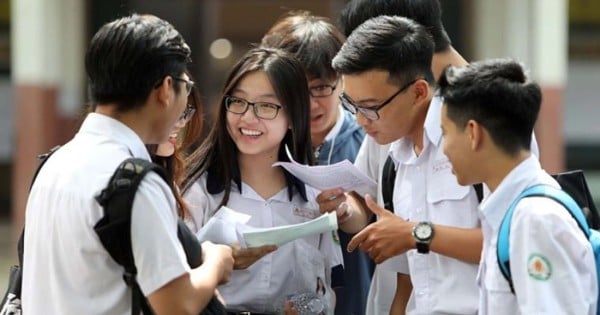
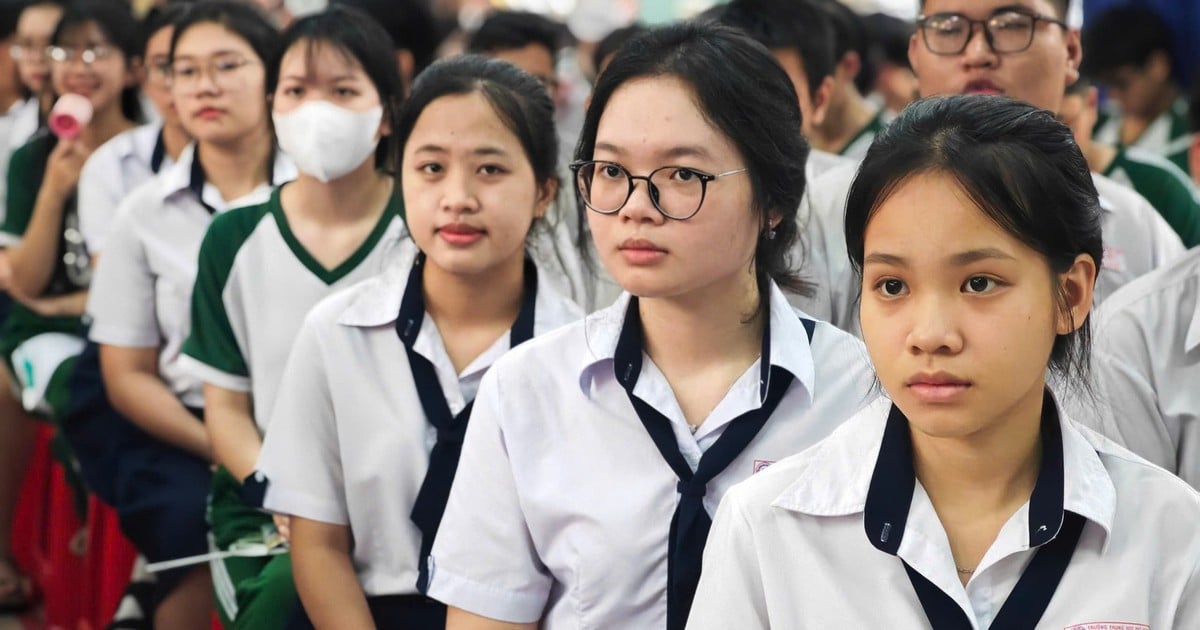

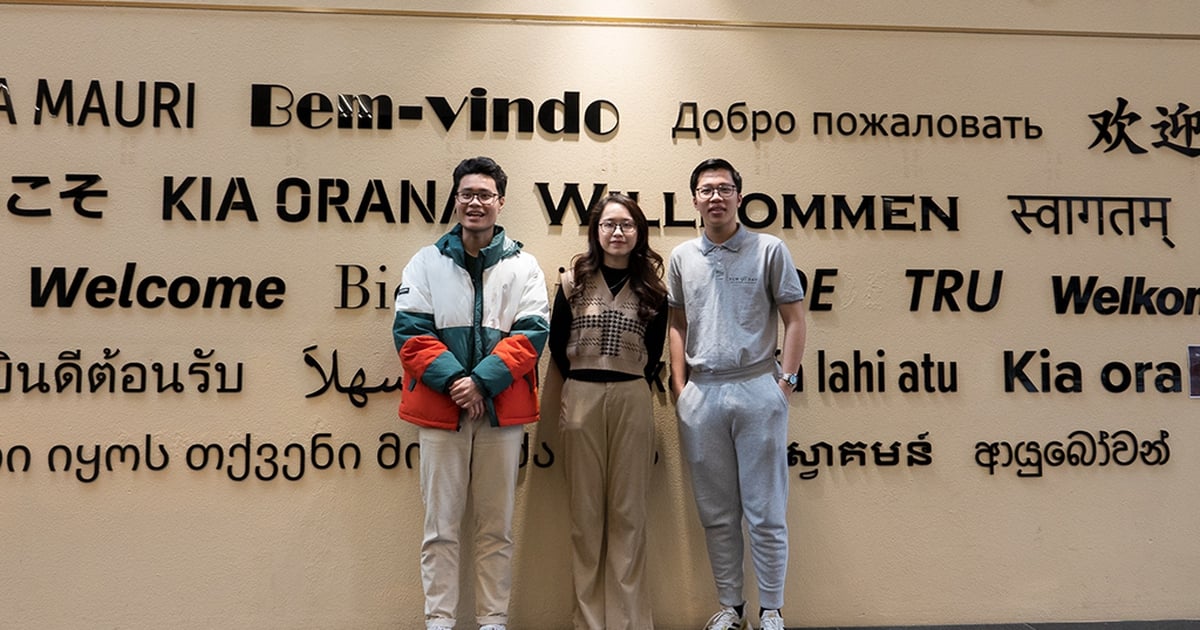
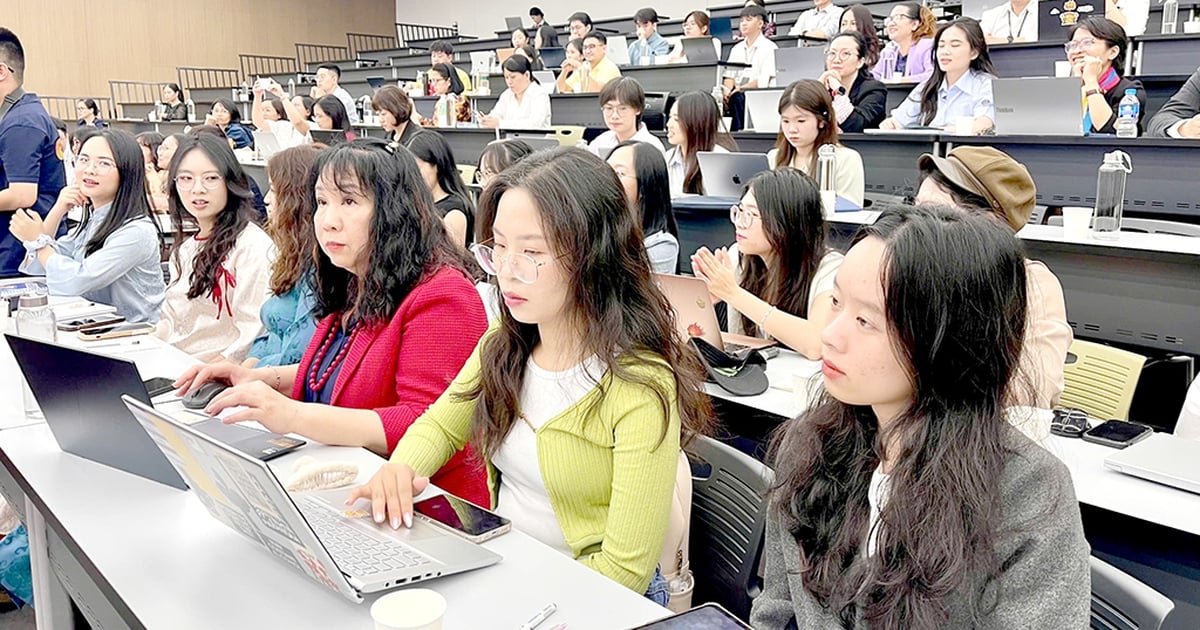

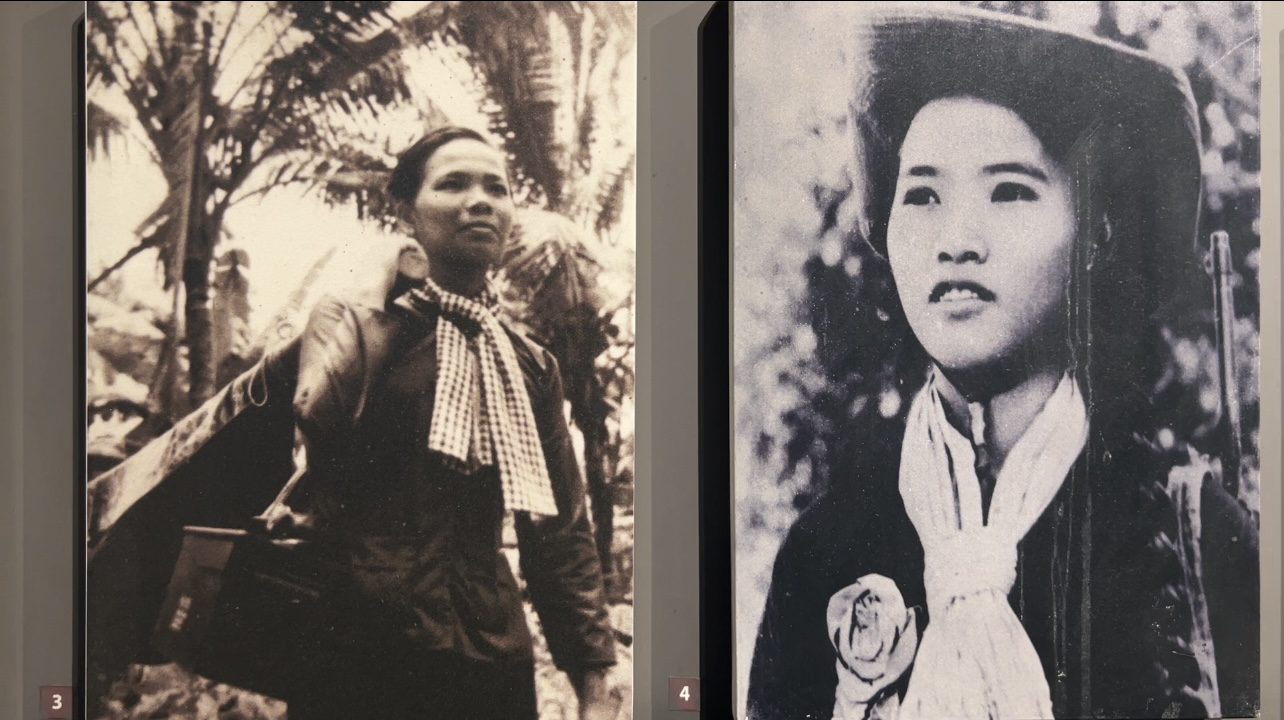




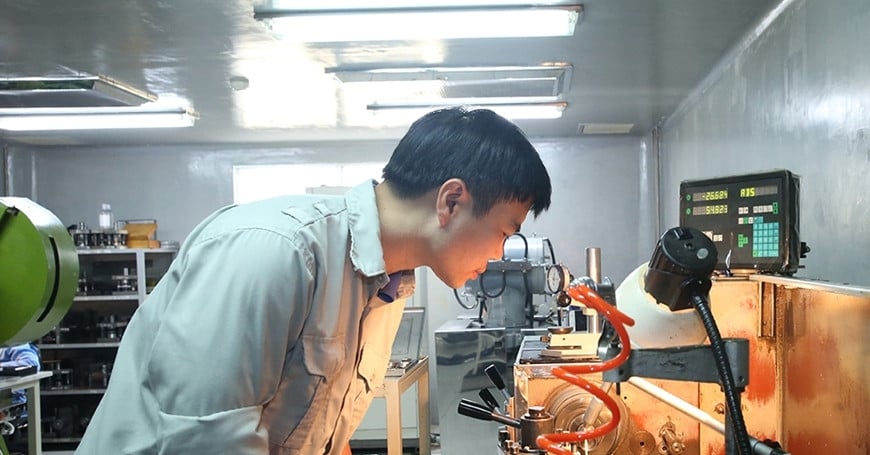



![[Photo] Fireworks light up the sky of Ho Chi Minh City 50 years after Liberation Day](https://vstatic.vietnam.vn/vietnam/resource/IMAGE/2025/4/30/8efd6e5cb4e147b4897305b65eb00c6f)
![[Photo] Feast your eyes on images of parades and marching groups seen from above](https://vstatic.vietnam.vn/vietnam/resource/IMAGE/2025/4/30/3525302266124e69819126aa93c41092)




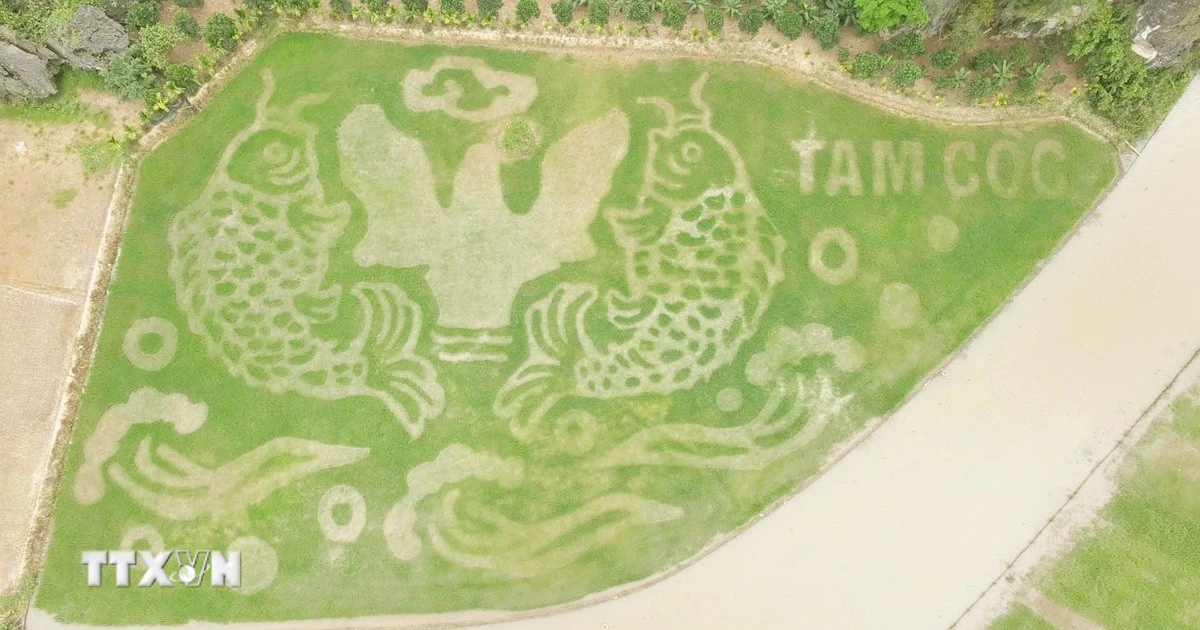



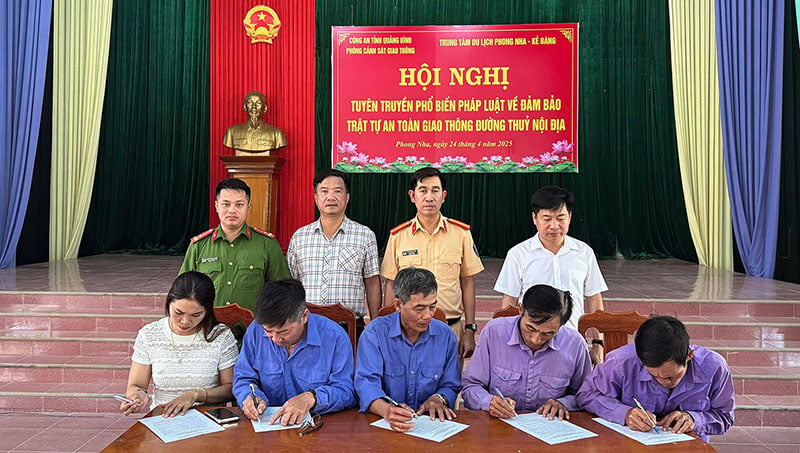

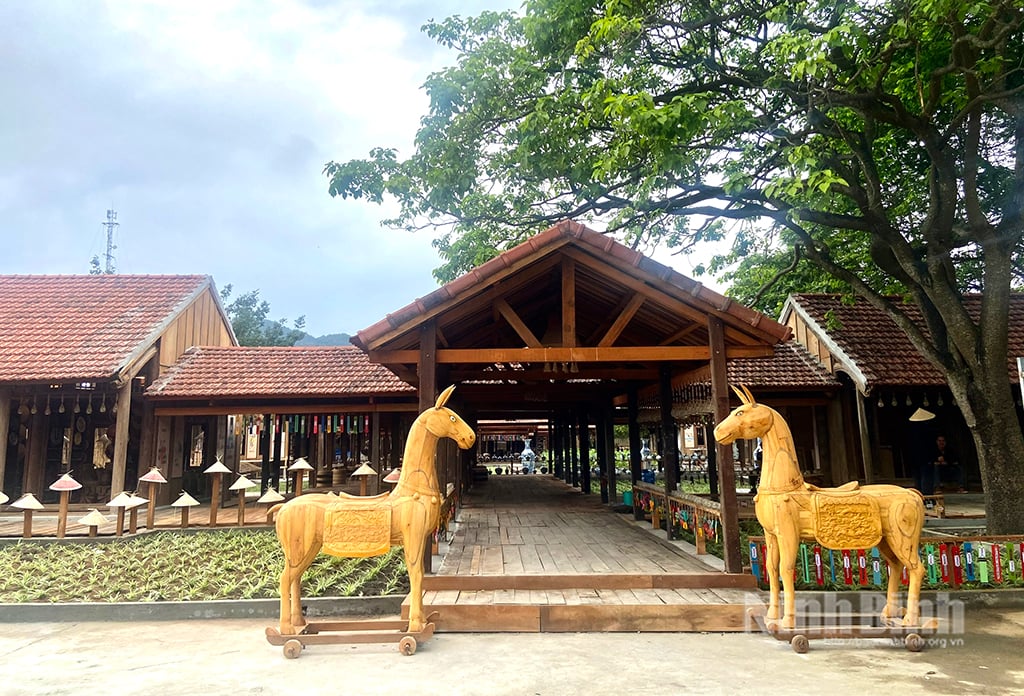

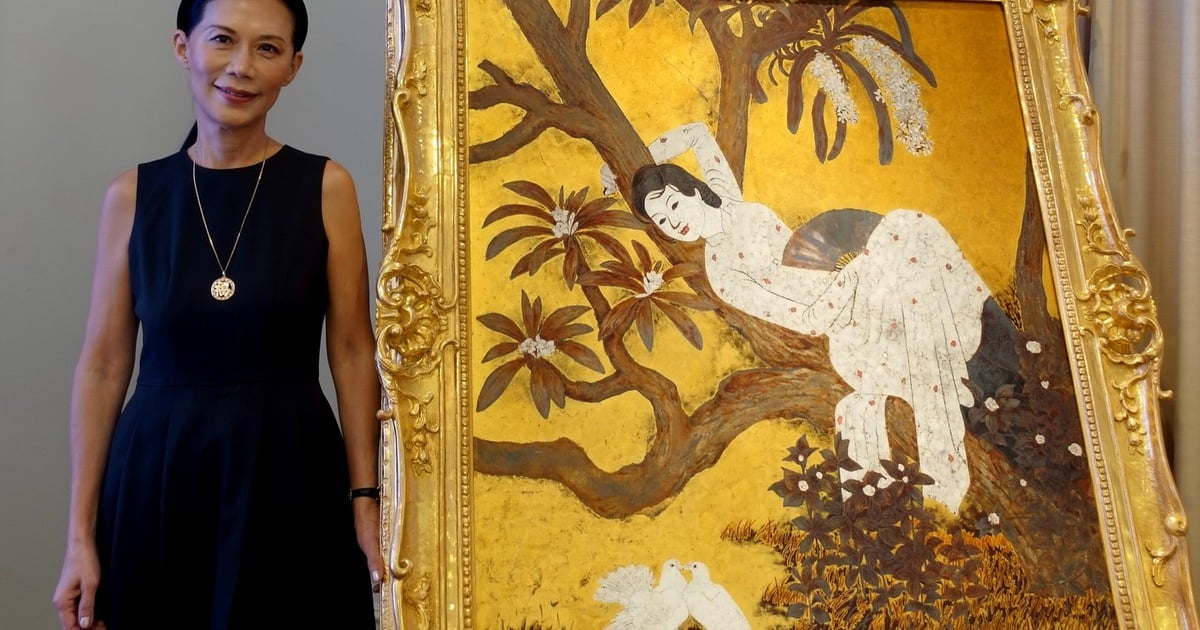

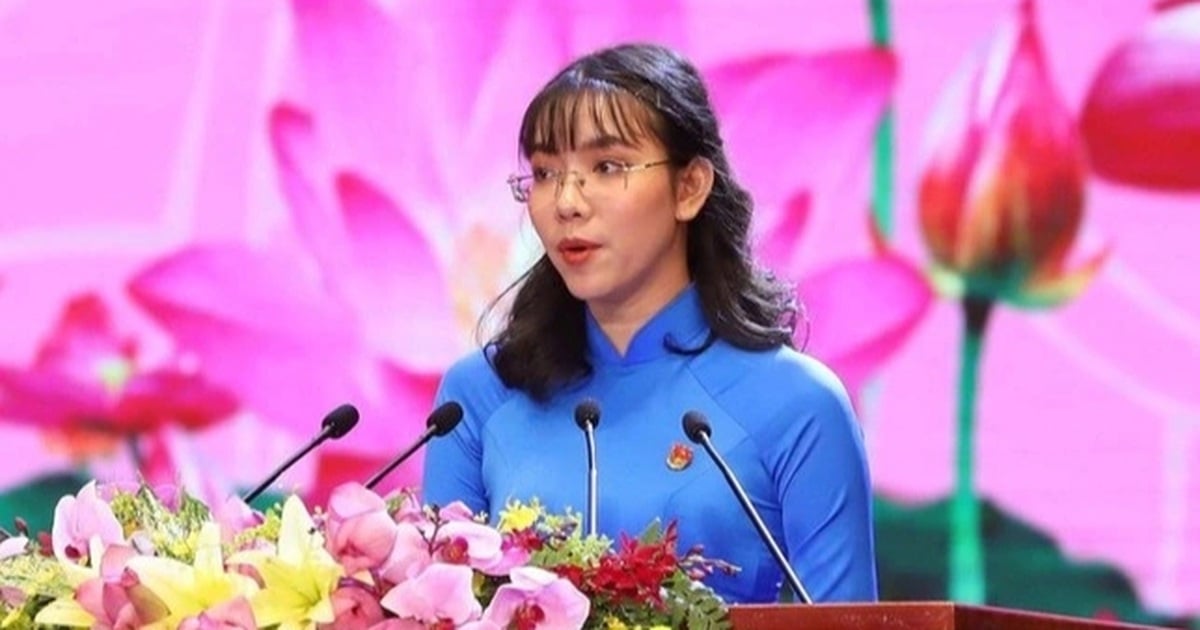
































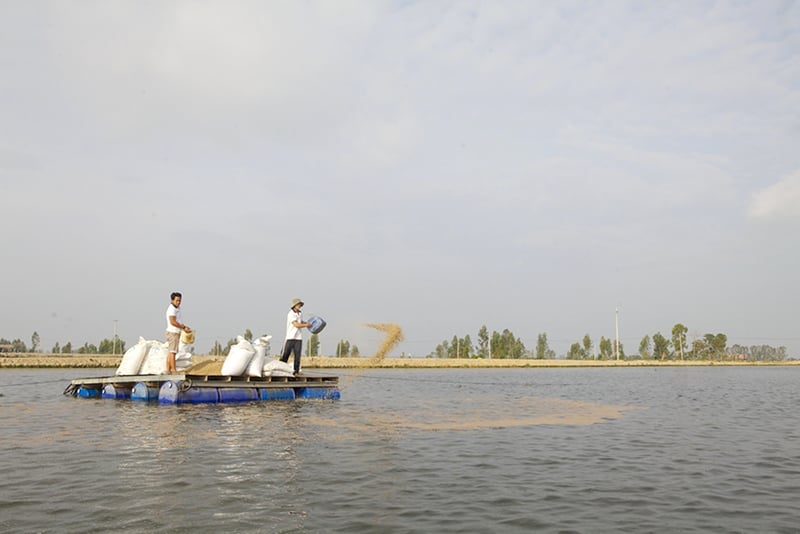
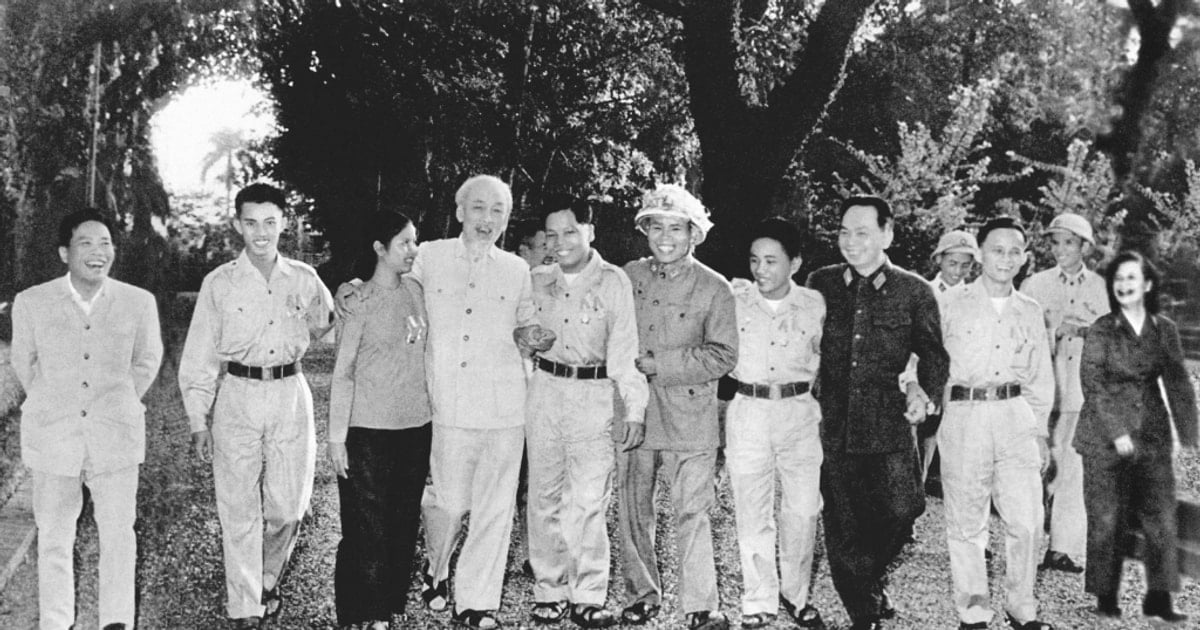











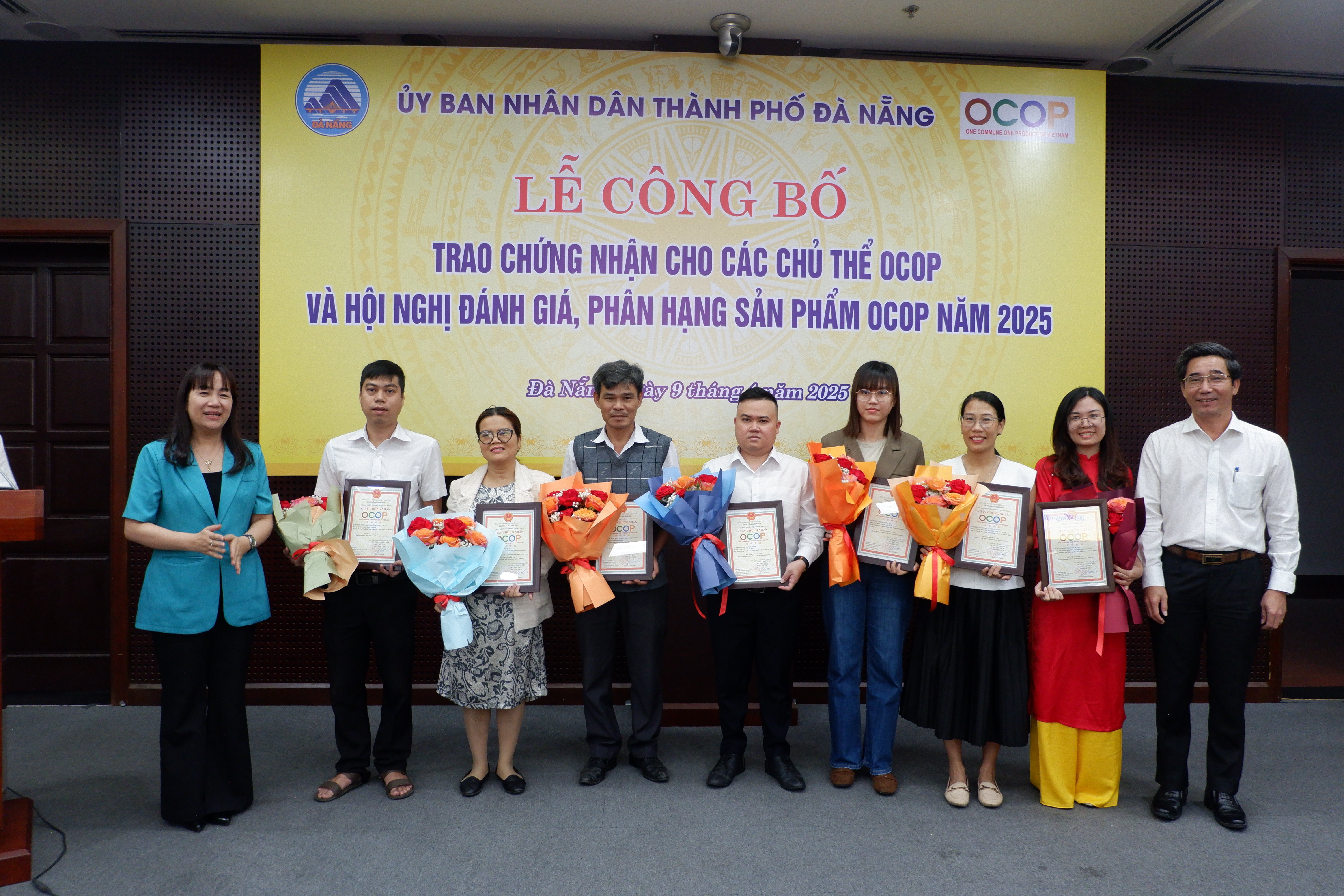

Comment (0)